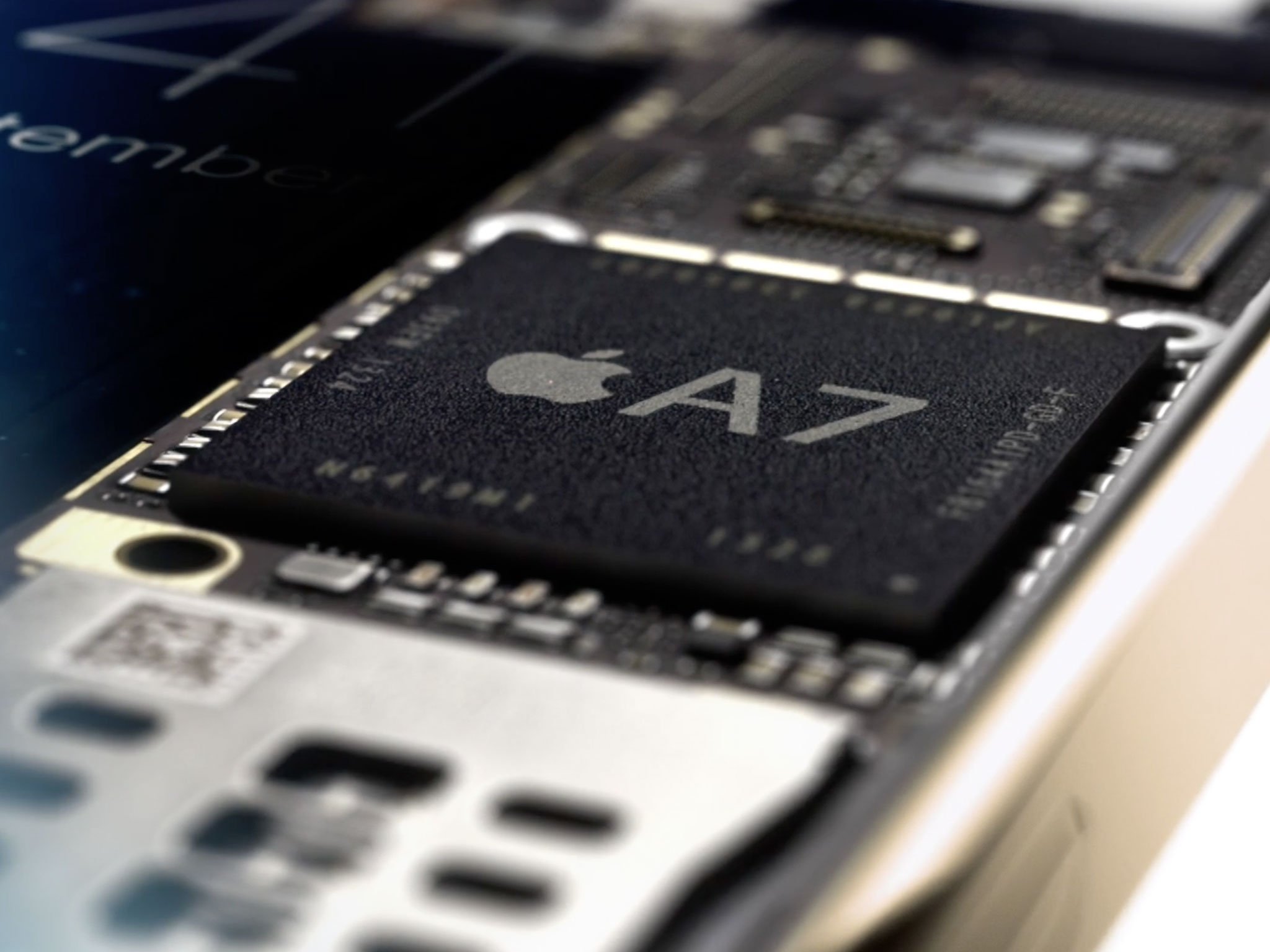Breaking the Qualcomm tax

The FTC is investigating Qualcomm, and Apple is suing them. Tim Cuplan, writing for Bloomberg, follows the money:
According to iSuppli, Apple's iPhone 7 has total component costs of $219.80 for the model with 32 gigabytes of storage. Assuming a licensing fee of 5 percent, Qualcomm receives $11 for every model Apple sells regardless of the fact that three of the most expensive items are the display (which Qualcomm doesn't make), the Apple-designed processor and the radio chips whose suppliers include Intel Corp., Broadcom Corp. and Skyworks Solutions Inc. If Apple were to increase the storage to 128 gigabytes, Qualcomm's revenue would increase accordingly despite the fact that it doesn't even make storage chips. Increase the display size (and thus the cost), Qualcomm collects. A better camera: You guessed it, more money to Qualcomm.
I heard similar a few years ago. Basically that you (Apple) pay, and pay a lot, regardless of whether or not you need the technology. For example, CDMA outside Verizon or Sprint. If you ever wondered why there was a $130 surcharge for iPads with cellular radios, that's the primary reason. Think about what that would translate into for a $3,000 MacBook Pro... and maybe why we don't have that MacBook Pro.
Either way, there are issues of standards-based FRAND technology patents, reasonableness, abusive practices, and the future of wireless to contend with here. Qualcomm — and CDMA — have arguably been holding us back for years.
Depending on how the FTC investigation and lawsuits turn out, that could finally be over.
iMore offers spot-on advice and guidance from our team of experts, with decades of Apple device experience to lean on. Learn more with iMore!

Rene Ritchie is one of the most respected Apple analysts in the business, reaching a combined audience of over 40 million readers a month. His YouTube channel, Vector, has over 90 thousand subscribers and 14 million views and his podcasts, including Debug, have been downloaded over 20 million times. He also regularly co-hosts MacBreak Weekly for the TWiT network and co-hosted CES Live! and Talk Mobile. Based in Montreal, Rene is a former director of product marketing, web developer, and graphic designer. He's authored several books and appeared on numerous television and radio segments to discuss Apple and the technology industry. When not working, he likes to cook, grapple, and spend time with his friends and family.
